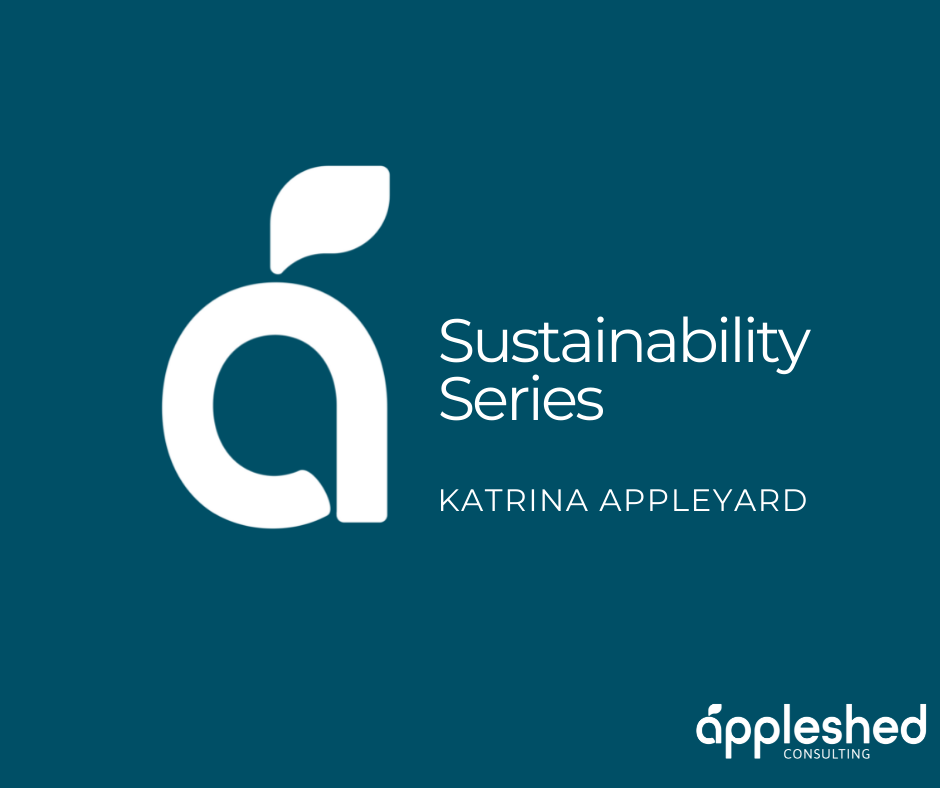This is a prevalent question for unlisted and private organisations. Where does the pressure come from to engage with the idea of being more sustainable? Was it your peers? More than likely, it may have come from your children or grandchildren as they ask “What are you doing about my future?”, “How are you helping the planet survive for when I am a grownup?” Many heads of businesses have been moved this way to begin exploring.
We also need more from leaders born before 2000.
From a purist perspective, it may have been your own personal ethos and desire to make the world a better place. There are some amazing examples of this movement in the world today, in fact it is a part of the core value system from Millennials onwards, affecting how they travel, build a home or apply for a job at your organisation. We need more though, a whole lot more, from leaders born before the year 2000 – the way we behave over the for next 20 years of our working lives will tell us what legacy we will leave and on what basis our world will survive. Actually, it’s only a decade if you hear Johann Rockstrom talk about the planetary boundaries we are pushing at present.
“The future’s not determined, the future is in our hands; what happens over the next centuries will be determined by how we play our cards this decade” Professor Johan Rockstrom
Where to start ?
Perhaps you don’t know where to start and are waiting for regulation to tell you how to go about it. Regulation is now increasingly present for large, listed corporations and perhaps regulation will come into play down the line for everyone else; however in the meantime, what do you do?
It’s really simple – just begin. Put it on the agenda at the Board Meeting, the weekly meeting, the staff meeting; start to gather what you and your people know and want to do.
A most rewarding finding is when organisations start considering sustainability, they are usually not starting from scratch – there are many choices and decisions being made that have an environmental and societal impact which have just not been labelled as a sustainability effort.
Perhaps start with your business plan – have you integrated any sustainability goals at all? Can you? How hard would it be to move towards doing that? Is it worth the effort? What’s the risk if you don’t?
Do you want accreditation? Or to align yourself to some global goals, like the United Nation’s SDG’s (Sustainable Development Goals). Do you want to focus on carbon? By asking some of these questions, it will usually make you ask more, however if you are happy to just keep asking the next question, you will be able to begin framing what you and your organisation can actively begin doing.
For anyone starting to engage with the sustainability journey, talking to other organisations can be enlightening – we are all on the same journey together running in parallel and the rules are not yet set in stone, because we don’t have the solutions. You will find that organisations you know are all engaging with this in a different way; however they may have begun. And the more it is a focus of your decision making and business planning, the more your knowledge and confidence grows.
Korn Ferry’s approach provides a nice framework for considering ESG, Environmental, Societal and Governance reporting (which is way of thinking about and measuring organisational sustainability resilience) across 5 areas;
Waiting for regulation to help you fall into line comes with a high risk for organisations and for planetary survival,
in the meantime, you have suppliers to please, people to employ, sales to create and customers who question. More and more, they all want to know “what are you doing when it comes to sustainability and ESG?” If you start moving forwards now, when regulation does come, you will already be on the journey and in a more informed place as to the level of resilience and risk your organisation is managing.



